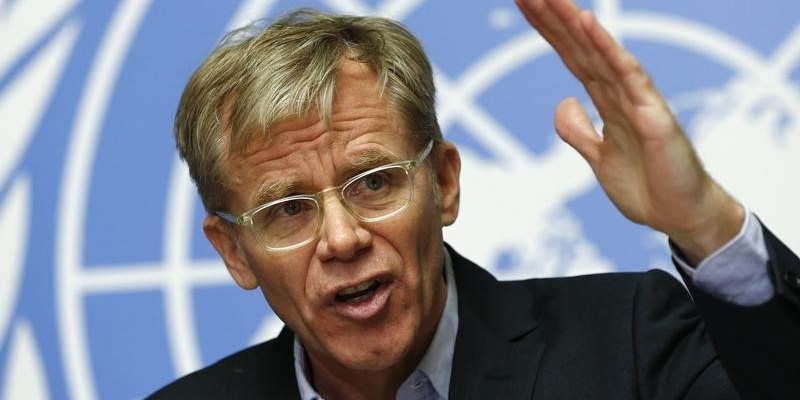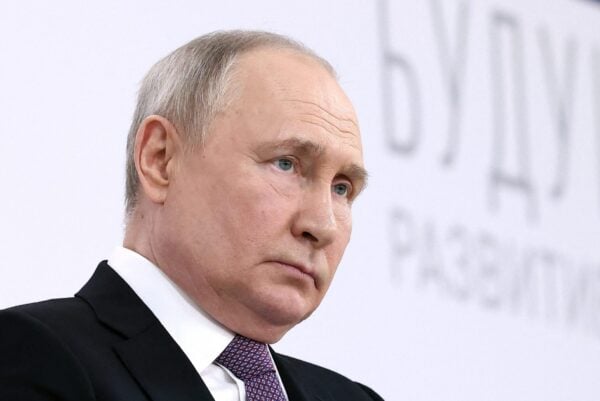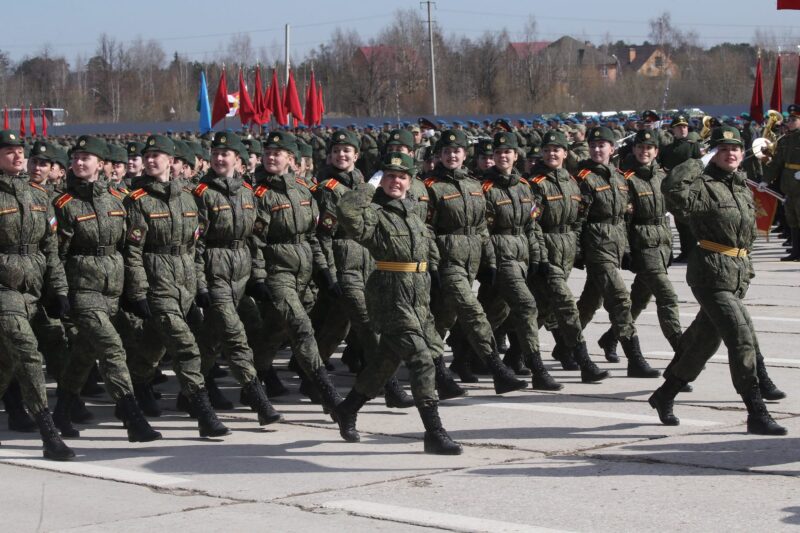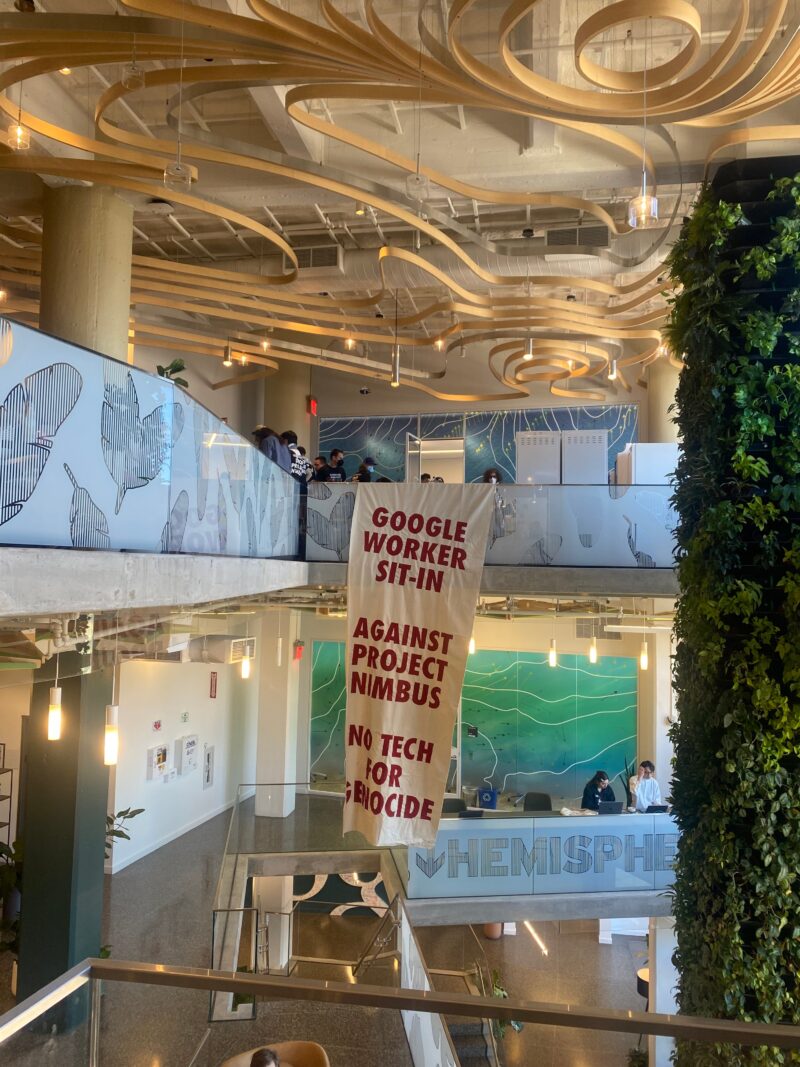- Dr Bruce Aylward, a senior WHO official, praised the extreme measures taken by China to fight the coronavirus during an interview in The New York Times.
- Giving a rough estimate of what they achieved, he said the country’s mass quarantines and drastic reworking of its medical system saved “hundreds of thousands” from being infected.
- Visit Business Insider’s homepage for more stories.
The Chinese government prevented “hundreds of thousands” of people from catching the coronavirus with its harsh measures to suppress its spread, a senior WHO official said.
Dr Bruce Aylward, the Assistant Director-General of the WHO (World Health Organization), made the rough assessment after returning from a nine-day trip to China to assess their containment efforts.
Here is what he said, during an interview with The New York Times:
A rapidly escalating outbreak has plateaued, and come down faster than would have been expected. Back of the envelope, it’s hundreds of thousands of people in China that did not get Covid-19 because of this aggressive response.
China has been the global epicenter of the outbreak, suffering the vast majority of the more than 95,000 cases recorded as of March 5 around the world.
However, the number of new infections has slowed dramatically in the past week, and China is now recording fewer new cases each day than other countries like South Korea.
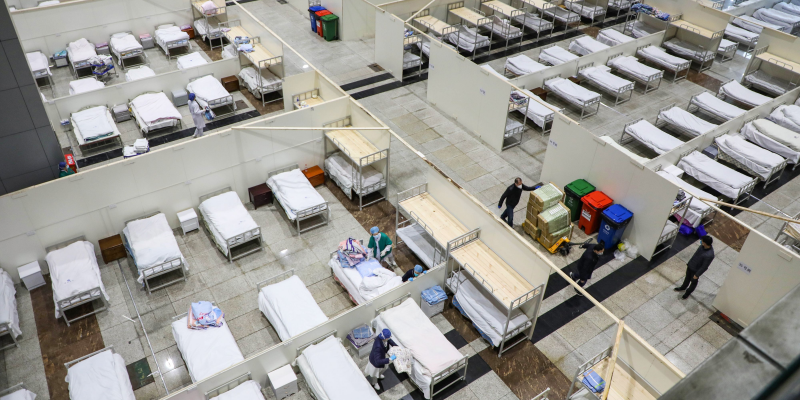
China quarantined 16 cities in its efforts to control the outbreak, effectively locking down 46 million people. In Wuhan, the city that remained at the center of the outbreak until recently, two hospitals with beds for 2,600 people were built in just over a week, and many public spaces repurposed as hospitals.
Medics - 6,000 of whom were called on to volunteer from outside Wuhan - were severely affected, and by February more than 1,000 had become infected themselves, reported Business Insider. Several doctors have died of the virus.
China even took to cleaning bank notes, requiring all banks to disinfect cash with ultraviolet light and high temperatures, and store it for 14 days, according to a state press release reported by CNN.
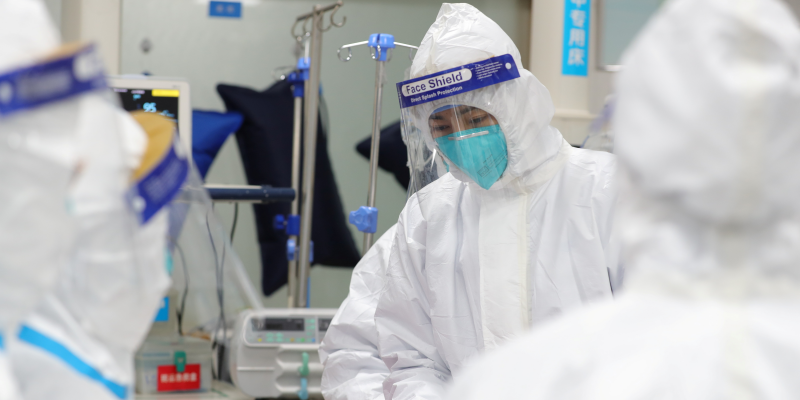
Aylward's comment come against a backdrop where the WHO has frequently spoken very warmly of China's efforts to fight the disease.
Some public health experts felt the WHO was bending too much to China in its praise for the response, The Wall Street Journal reported in February.
Speaking to the NYT, Aylward focused on the speed and scale with which China reconfigured its medical system while praising their response to the outbreak.
He said elective surgeries were postponed, and that the best hopitals were repurposed to deal purely with the coronavirus. 50% per cent of the medical system was moved online to stop people spreading the disease on their way to appointments, and the tests were made free.
Aylward said China increased the pace of CAT scans and polymerase chain reaction (PCR) tests to diagnose the coronavirus far faster than was initially possible.
The response was also modified in different cities depending on whether the spread of cases was widespread or sporadic, he said.
He also said that the community response was widespread and not forced, despite China being an authoritarian state.
"They're mobilized, like in a war, and it's fear of the virus that was driving them," he said. "They really saw themselves as on the front lines of protecting the rest of China. And the world."
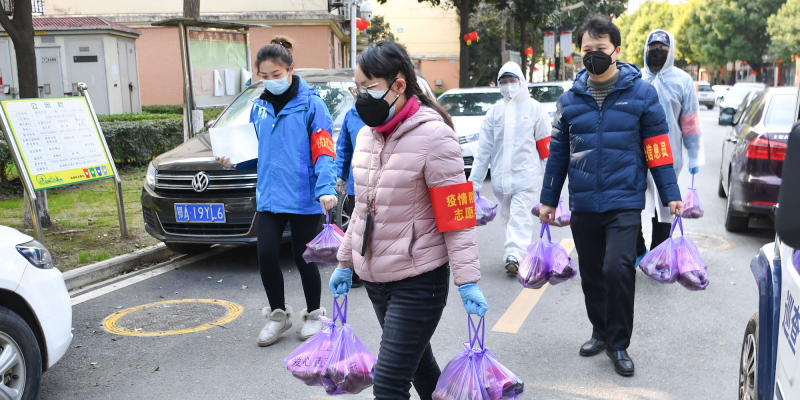
China's drastic response has been difficult to replicate internationally because of varying healthcare systems and political cultures.
In the US, factors like an expensive healthcare system and a lack of statutory sick pay may affect people's willingness to act on any coronavirus symptoms, Business Insider reported.
- Read more:
- The rest of the world is 'simply not ready' for the coronavirus, according to a WHO envoy who just returned from China
- China is recording so few new coronavirus infections that South Korea looks like the new center of the epidemic
- China has recorded more fully recovered coronavirus patients than people still infected, suggesting it is overcoming the epidemic
- The UK announced extra sick pay to fight the coronavirus. In the US, 1 in 4 workers don't get sick pay at all - heightening the risk of spreading disease.
